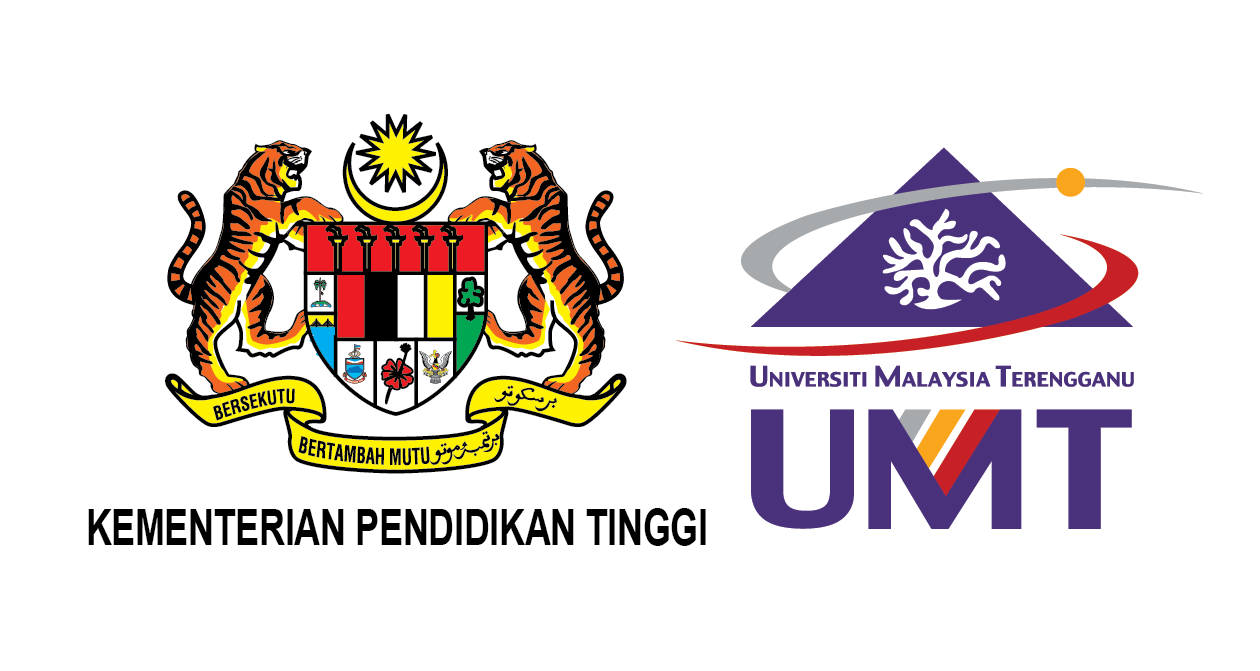Please use this identifier to cite or link to this item:
http://umt-ir.umt.edu.my:8080/handle/123456789/5556Full metadata record
| DC Field | Value | Language |
|---|---|---|
| dc.contributor.author | Do Dinh Thinh | - |
| dc.contributor.author | Mohamad Hafiz Farhan Abdul Rasid | - |
| dc.contributor.author | Zulaikha Mat Deris | - |
| dc.contributor.author | Noor Azhar Mohamed Shazili | - |
| dc.contributor.author | Gudrun De Boeck | - |
| dc.contributor.author | Li Lian Wong | - |
| dc.date.accessioned | 2017-04-10T07:29:34Z | - |
| dc.date.available | 2017-04-10T07:29:34Z | - |
| dc.date.issued | 2016 | - |
| dc.identifier.citation | Vol.71(4); 350-240 p. | en_US |
| dc.identifier.issn | 904341 | - |
| dc.identifier.uri | http://hdl.handle.net/123456789/5556 | - |
| dc.description.abstract | To assess stress level induced by multiple stressors in aquatic organism, biomarkers have been adopted as early warning indicator due to their high accuracy, rapidity, and sensitivity. We investigated the effects of ectoparasitic isopod infection on heavy metal bioaccumulation (Fe, Cu, Zn, and Cd) in the fish Nemipterus furcosus and profiled the expression of metallothionein (MT) and heat shock proteins 70 (HSP70) genes of the fish host. Sixty individuals (parasitized and nonparasitized with Cymothoa truncata) were collected from three sites differing in the levels of anthropogenic activities off the South China Sea. Our results revealed no significant difference in heavy metal concentrations between infected and nonparasitized fish. We observed a positive correlation between heavy metal bioaccumulation in the fish host and anthropogenic activities. Accordingly, expression analysis of MT genes in fish liver showed significant differences in expression level between sampling sites, with lowest level in the least exploited site (Batu Rakit). A reverse pattern in HSP70 gene expression was demonstrated in fish muscle, showing the highest expression at Batu Rakit. While cymothoid infection in N. furcosus had no significant impact on fish MT gene expression, it resulted in a reduction of HSP70 level in liver of parasitized fish. These findings highlight the putative roles of MT in heavy metal assessment. Future studies should determine the kinetics of cymothoid infection and other potential stressors in characterizing the HSP70 gene expression profile. | en_US |
| dc.language.iso | en | en_US |
| dc.publisher | Archives of Environmental Contamination and Toxicology | en_US |
| dc.title | Putative Roles for Metallothionein and HSP70 Genes in Relation with Heavy Metal Accumulation and Parasitic Cymothoid in the Fish Nemipterus furcosus | en_US |
| dc.type | Article | en_US |
| Appears in Collections: | Journal Articles | |
Files in This Item:
Items in UMT-IR are protected by copyright, with all rights reserved, unless otherwise indicated.

